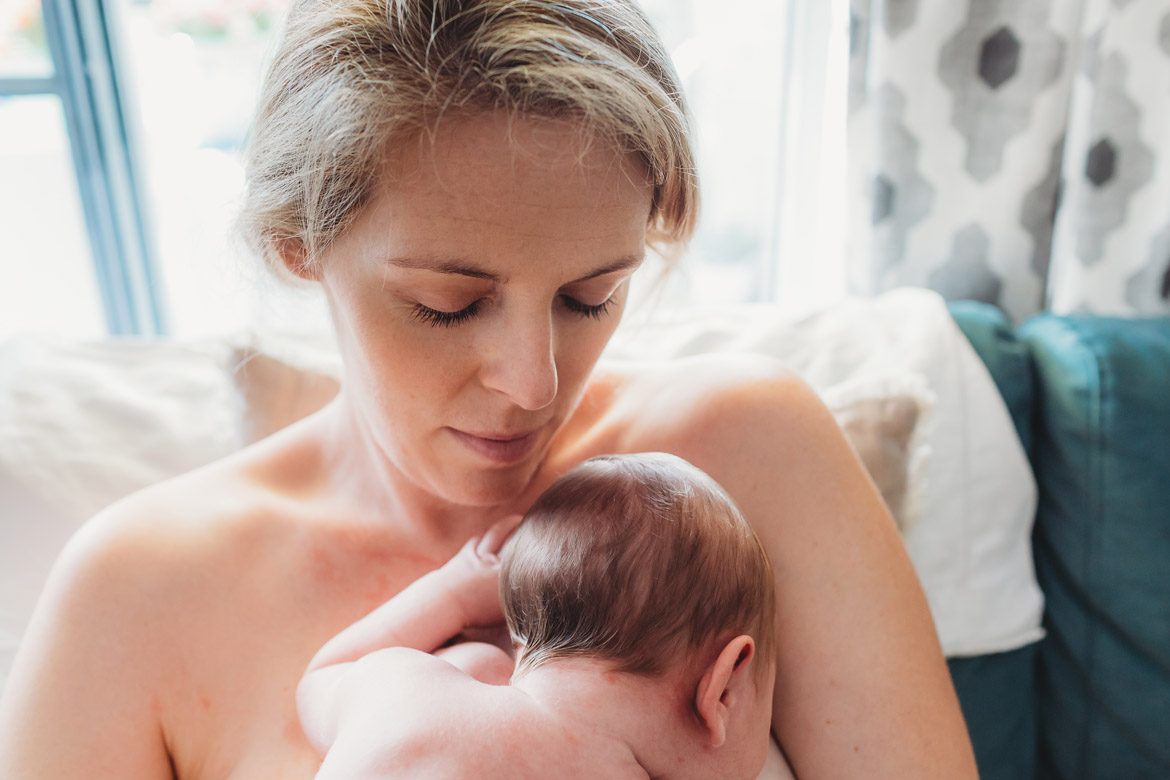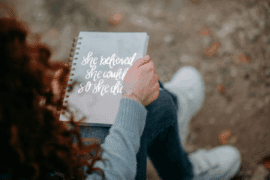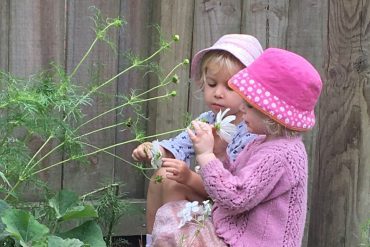By Lauren Porter
Just after my first child was born I thought I’d gone crazy. It was not depression. It was more like a thick rope of worry that tied me day and night to the welfare of my daughter. I felt unable to relax, a mother lion sniffing the air for the scent of danger, a good sentry on alert.
Thankfully, that was not the limit of my thoughts. Most of the time I couldn’t believe my luck. She had boundless blue eyes and the tiniest fingernails. She loved wind in her face, Bob Marley and being with me. I was in love.
So how do I mesh the image of the anxious restless mother with the contented joyous one? Can they both be equally normal ‐ even valuable ‐ parts of motherhood? I only ever talked about my happiness, telling everyone who asked that things were going fine. It never occurred to me to embrace the other. The worry was like a wound that needed to heal quickly or, if not, be amputated.
I only ever talked about my happiness, telling everyone who asked that things were going fine. It never occurred to me to embrace the other.
As my children aged, I began to realise why I never talked about the fear. The fear is seen as impairment by those who count. If you talk with mental health professionals about worried mothers, you’re likely to hear words like overanxious, intrusive, and preoccupied. If you listen to more mainstream sources you will hear instead of ‘helicopter mothers’ and ‘smother mothers’.
The conclusion is the same. A good mother is one who cares deeply but is relaxed and cool. She knows what’s best and maintains a balance. She can look after her baby while also looking after herself (and her figure, her marriage and her ambitions). She makes jokes about the ‘good old days’ when children were set loose for hours on their own, when we all survived without car seats, when there was nothing a good night’s sleep couldn’t fix.
She is neither overwrought nor overinvolved.
Most mothers I know don’t fit this description. Mostly they apologise for their motherly feelings, wishing they could be more ‘relaxed,’ or criticizing themselves for messy homes or half‐finished projects. And there are many experts who deepen this worry by saying we’ve all gone overboard with our modern‐day concerns about child development, pointing to the worrywart mothers as a problem.
We are watchful not because we are crazy but because we know what’s at stake.
I disagree. I believe that mothers have always worried for their children, at least those for whom children are at the centre of their hearts and lives. I do not see it as pathological that mothers feel unable to let their guard down or, as many mothers tell me, ‘need to see the baby breathe’. If such feeling paralyzes or defines, it is obviously problematic. But most of us weave this into our motherly role just as we weave washing baby clothes, arranging play dates or reading bedtime stories. We are watchful not because we are crazy but because we know what’s at stake.
See next page for more…











